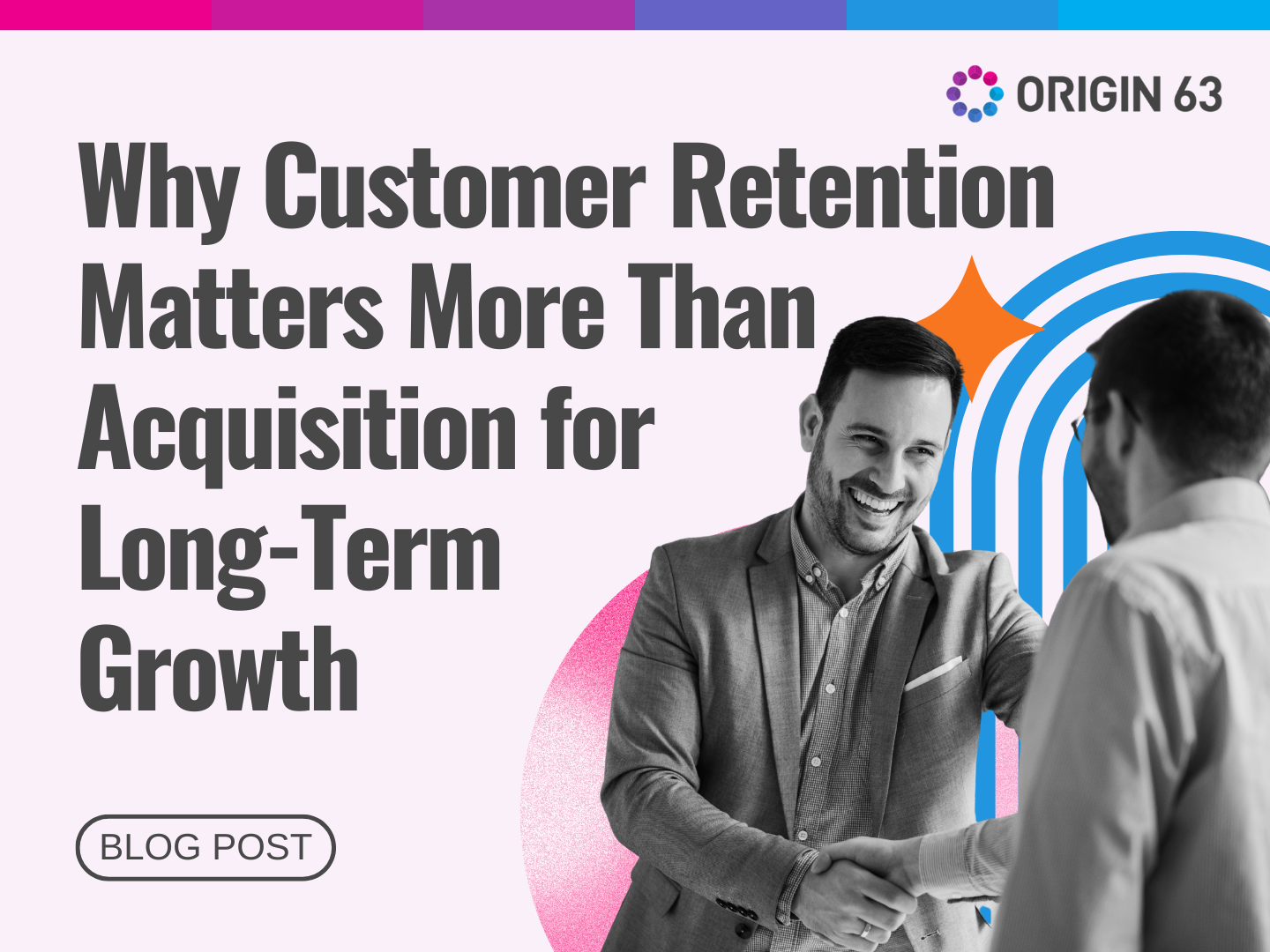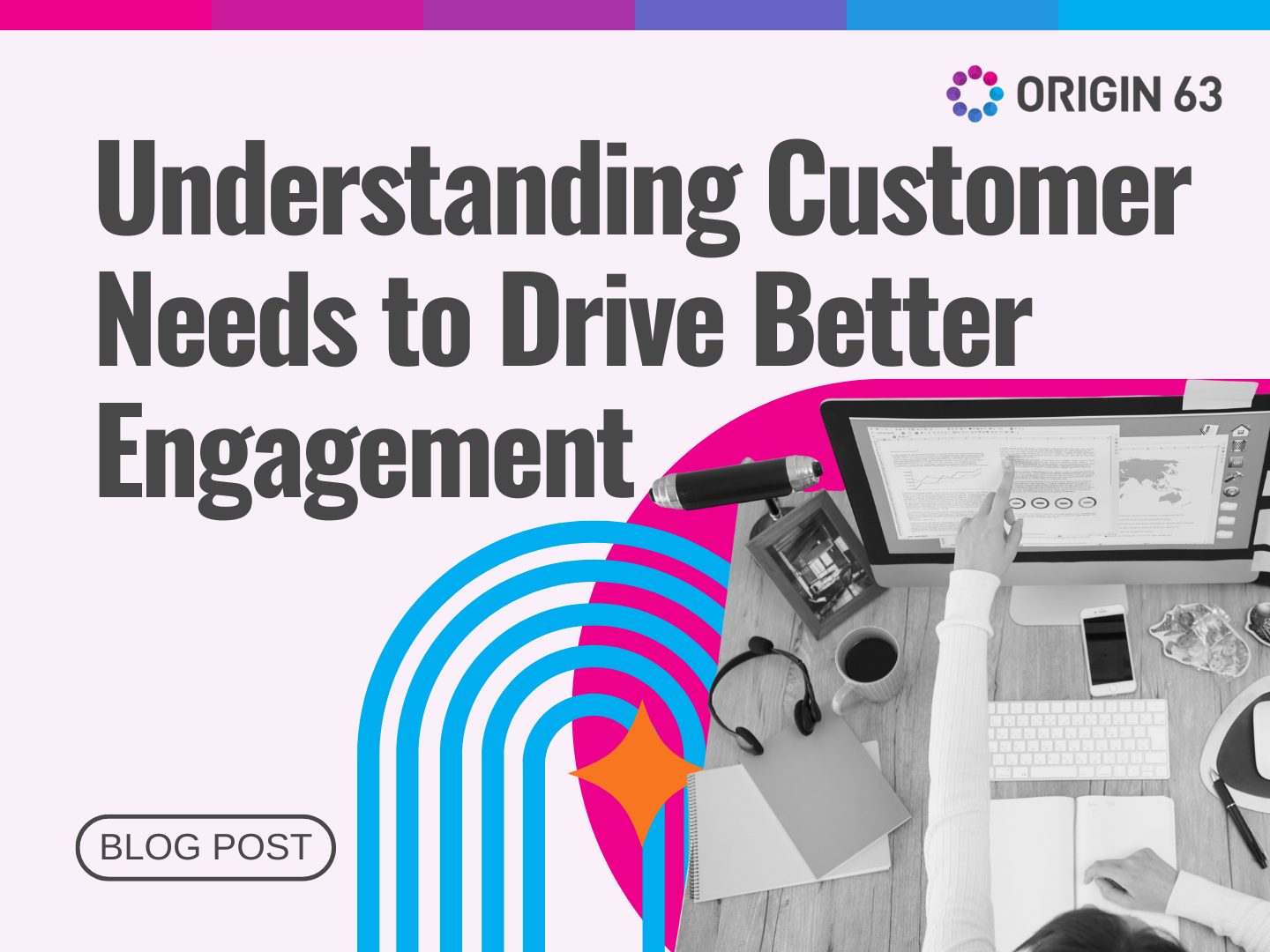
Origin 63 recently hosted an executive roundtable in San Francisco to discuss a question many businesses are asking: how do we stay ahead as AI transforms the way we work?
The discussion brought together leaders from across industries to explore how AI is already shifting sales, service, and customer experience. The takeaway? AI is no longer a future trend—it’s here now and changing everything.
One core idea came up again and again throughout the evening: “Augment, not replace.” While some roles may evolve, replacing people with machines isn’t the goal. Instead, AI is a powerful tool that helps teams work faster and wiser.
Many attendees said they’d gladly speak with an AI agent—if it means solving problems faster. Others imagined a future where personal AI tools handle low-value tasks, like scheduling meetings, without human involvement.
Still, many admitted they’re feeling overwhelmed. With so many new tools and platforms, knowing where to begin is tough. That’s why O63 CEO Sam Anderson shared a simple framework to help teams get started: the “3 Es of AI” — Efficiency, Enablement, and Experience. She recommends starting small.
“Don’t try to automate everything at once,” Anderson said. “Pick one friction point—one time-drain—and apply AI first. Then build from that success.”
The conversation also turned to tools already in use. Platforms like HubSpot, which many teams already rely on, are packed with AI features—most of which go underused. Leveraging what you already have is often the fastest way to see results.
But what is the most essential part of any AI strategy? Data and adoption.
AI needs structured, accessible data to be practical. That includes daily emails, chats, calls, and notes your team creates. Even the best tools can fall flat without a way to organize and use that data. Once a tool is introduced, teams need clear guidance on how and why to use it. Otherwise, adoption stalls, and impact disappears.
This roundtable wasn’t about selling tools. It was about sharing what’s working, what’s not, and where leaders see opportunity. And while the future of AI is still taking shape, one thing is clear: businesses that move early—and move wisely—will have the edge.














.png?width=90&height=90&name=Arrows%20Partner%20Badge-test%20(1).png)

